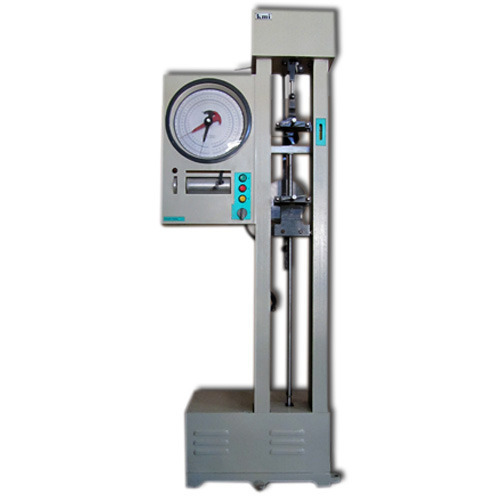
Tensile Testing Machine Calibration
| Brand | Unique |
| Material | Stainless Steel |
| Phase | Single |
| Accuracy | +/- 5 % |
| Power Source | Electric |
| Capacity of Testing | 500 kg |
| Tensile STroke | 800 mm |
Comprehending the varied desires of our clients, we are instrumental in presenting a comprehensive range of Tensile Testing Machine Calibration.
Enquiry Now